




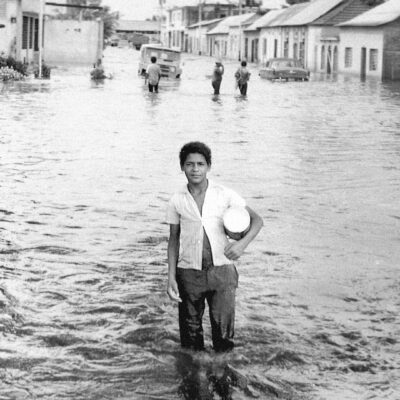







The loss of a trove of scientific documents —and the risk that may others could meet the same fate— led Pablo Emilio Colmenares and a group of specialists to create a digital repository with more than 75,000 titles related to Lake Maracaibo and its basin. They were driven by the conviction that if memory is preserved, the future can change.
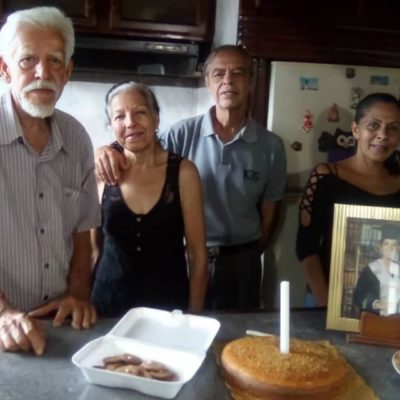
Ten months after having migrated to Perú, she received the news that the woman who raised her had died in Caracas. From that moment on, she has made sure that her grandparents, who have had to overcome the hurdles imposed by an ever-worsening economic crisis, are doing well. At night, Pierina Sora prays to God that she will soon be reunited with them.
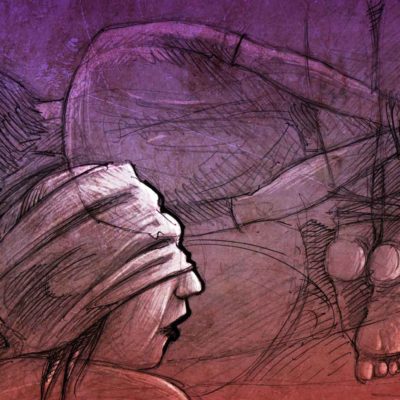
This story takes place in one of the so-called “Peace Zones”, which are designated areas that cannot be entered by state security forces as long as the gangs operating there agree not to engage in criminal activities.
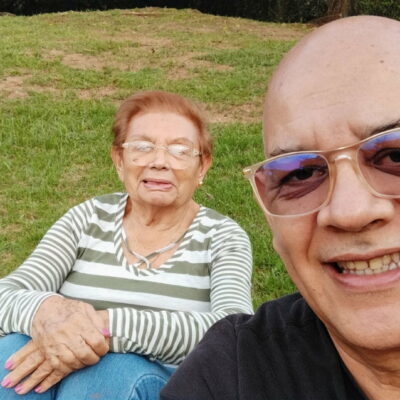
Gerardo is a medical doctor and he knows very well what Alzheimer’s does to people’s lives. That is why, when his mother was diagnosed with the disease, he moved in to be by her side and devoted himself to her care, fearing she would forget about him.
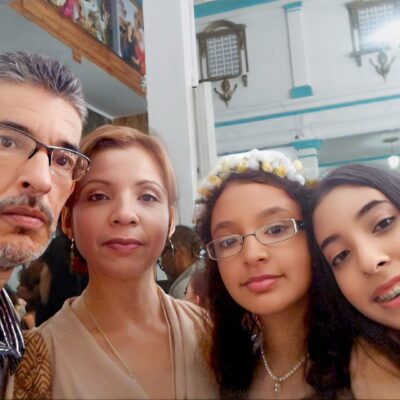
As much as they tried to avoid it, they eventually had no choice but to take Néstor Comellas to the Antonio Patricio de Alcalá University Hospital in Cumaná, state of Sucre, Venezuela, to receive treatment for the cancer he had been diagnosed.
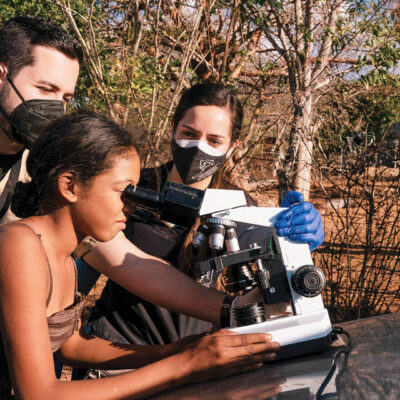
Even before starting med school, Lourdes Delgado had an interest in tropical medicine. Then, as a medical student, she devised a program to train “citizen scientists”, who report to her on the places where they find chipos, the vector that spreads Chagas disease.
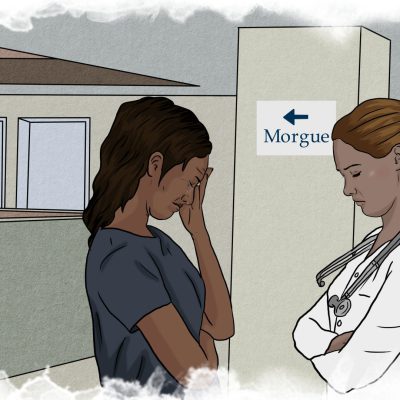
Between 2016 and 2024, almost 15,000 people have died in Venezuela at the hands of the security forces. Many of the victims were young black or brown people under the age of 30 who lived in the country’s slums. In 2019, some of their mothers banded together to share their grief and keep each other company while at the courts and prosecutors’ offices. The number of Madres Poderosas has just been growing ever since.
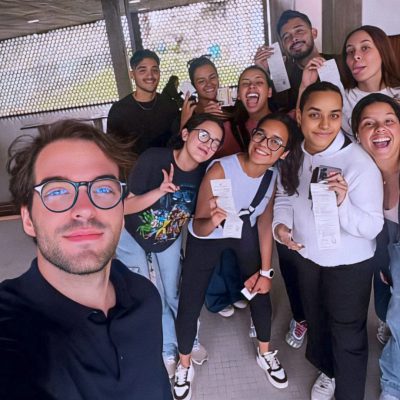
Miguel Feijoo began teaching at the College of Architecture of the Central University of Venezuela in 2019. That same year, he had an experience that would significantly change the way he viewed his profession and one that would teach him that the ultimate goal of a university should be to educate and prepare students to become, more than anything, critical citizens. That is why he did not rest until he made sure his students were registered to vote. He himself went with them.
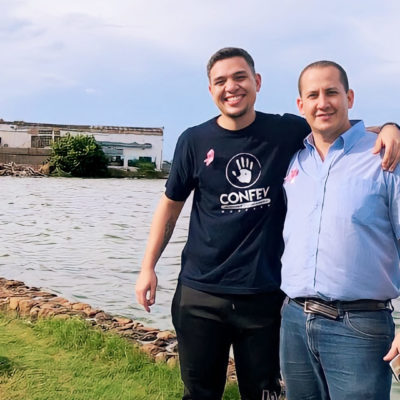
In the labs of the School of Chemistry of Universidad Central de Venezuela, researchers Ray Arteaga and Manuel Fermín used the pseudostem of the plantain plant to create a small sponge capable of absorbing large amounts of crude oil.
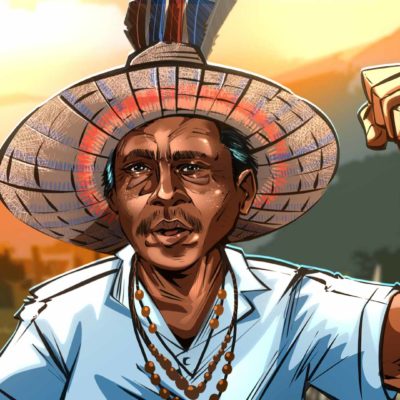
In discovering his identity, Juan La Rosa, a member of the Caquetío indigenous group, became an activist.